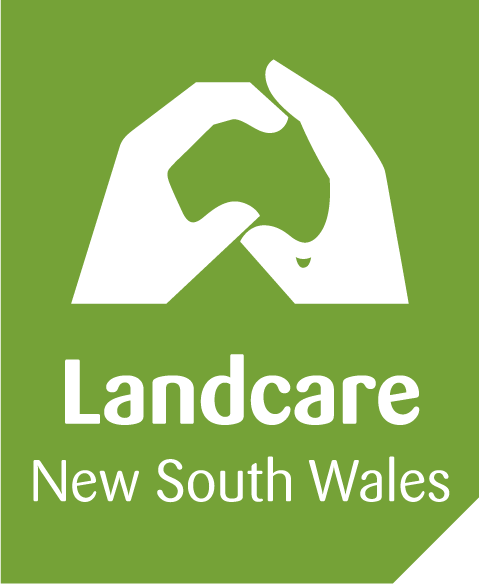Event Type
Landcare Region
BCT Region
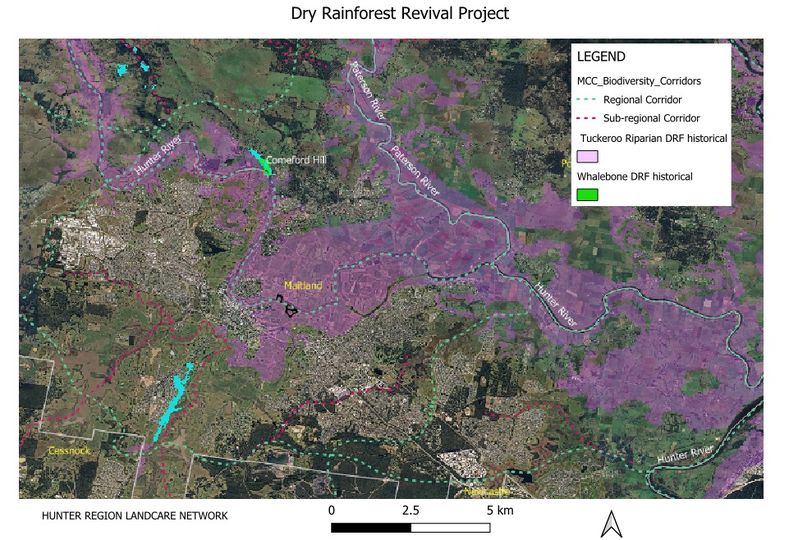
Event Topics
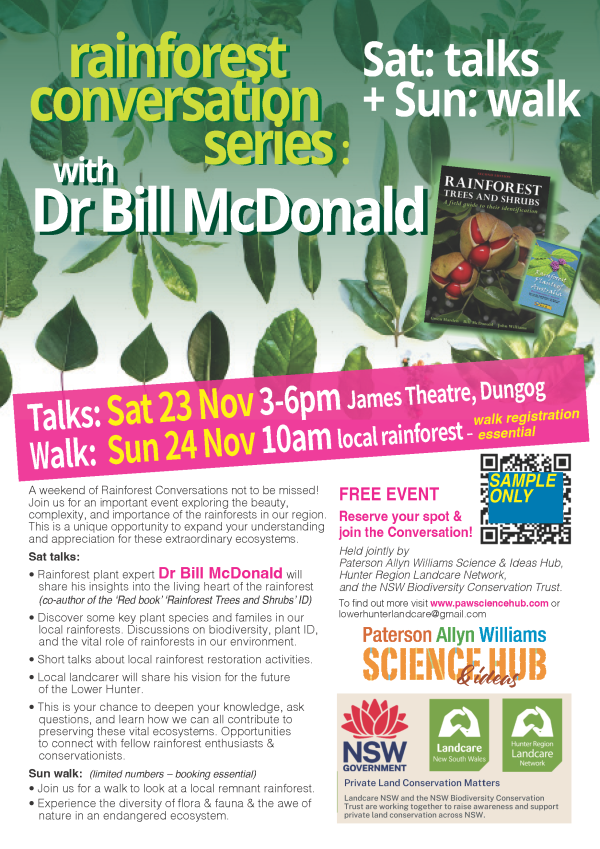
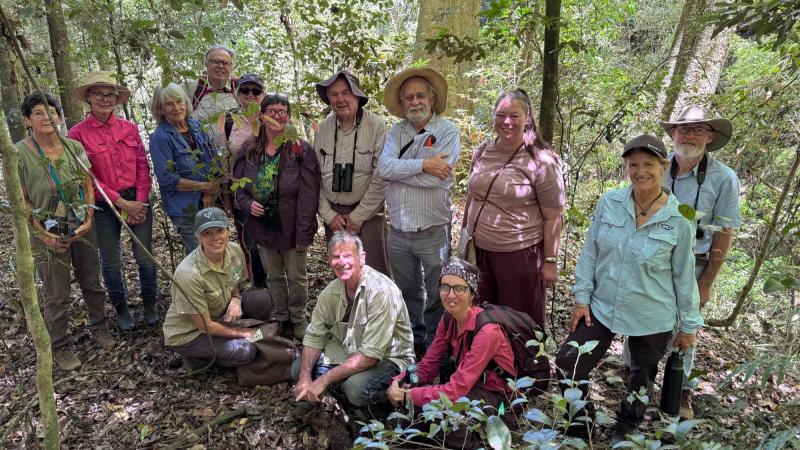
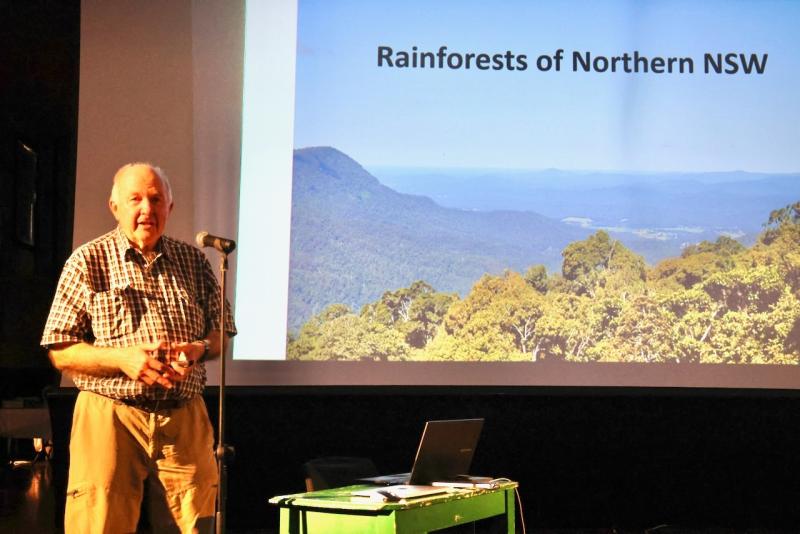
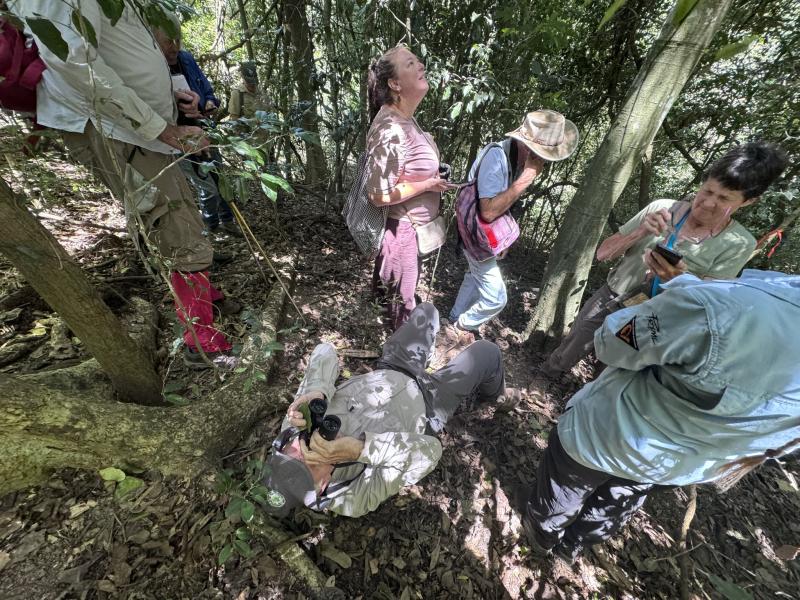
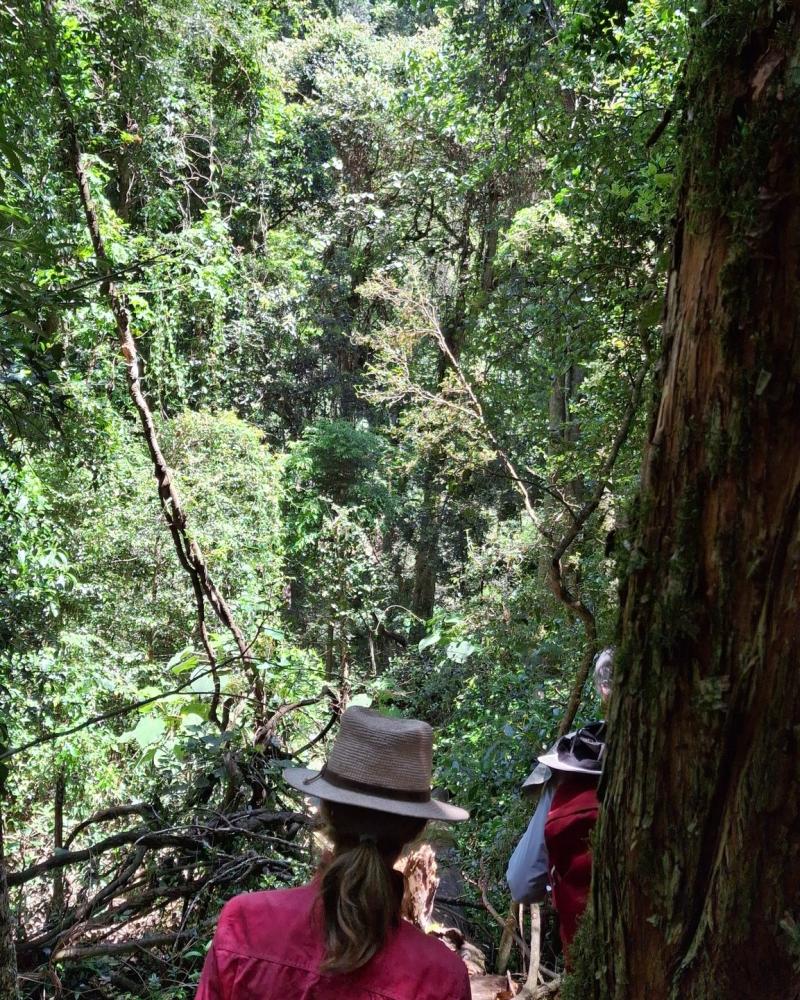
Event Outcomes
Growth in learning measure (Scale 1 - 100)
Unravelling the mysteries of Hunter Valley Dry Rainforest- The Scoop, December 2024
Summary of Feedback: Dry Rainforest Workshop
Key Themes Highlighted by Attendees:
- Diverse Range of Speakers and Topics:
- Attendees appreciated the variety of speakers and the breadth of topics covered.
- Comments such as "the assortment of speakers and topics" and "a huge range of knowledgeable speakers" reflect the value placed on diverse expertise and perspectives.
- High-Quality Presentations:
- Feedback noted that the event was "well presented and explained," indicating that the presentations were clear, engaging, and informative.
- Passion and Enthusiasm:
- The enthusiasm of the presenters was a standout feature, with mentions like "the passion of all speakers" demonstrating that the energy and commitment of the speakers resonated with the audience.
- Community and Networking:
- The workshop successfully fostered a sense of community. Phrases like "bringing people together passionate to revegetate and what's happening" highlight the importance of connecting like-minded individuals committed to environmental restoration.
This feedback underscores the workshop's success in delivering a well-rounded, engaging, and community-focused event.
Summary of Feedback: Topics for Future Learning
Key Areas of Interest Identified by Attendees:
- Simplified Botanical Knowledge:
- Several attendees expressed a desire for plant identification in more accessible terms, with comments like "layman’s terms for non-Latin speakers" and "botanical to common name."
- This suggests interest in making technical plant knowledge more user-friendly.
- Deeper Understanding of Flora:
- Attendees want to learn "more about the plants," indicating a keen interest in expanding their botanical knowledge, including species characteristics and ecological roles.
- Practical Skills for Revegetation:
- Topics such as "steps to successful revegetation" and "how to proceed on a local level" show a desire for actionable guidance on implementing restoration projects.
- Continued Engagement:
- Feedback like "more of the same" suggests attendees found the current content valuable and wish to see similar sessions in the future.
These responses highlight a blend of interest in accessible plant education, practical revegetation strategies, and ongoing opportunities for learning and engagement.
Summary of Feedback: Additional Comments and Suggestions
Key Suggestions for Improvement:
- Supplementary Materials:
- Attendees suggested providing "information handouts" to complement the workshop content, enabling participants to review key insights post-event.
- Expanded Content:
- A desire for "a broader explanation on the different types of rainforest types" was noted, indicating interest in a more comprehensive understanding of rainforest ecosystems.
Positive Feedback:
- The event was well-received, with one participant stating, "it was fantastic, thank you," and others requesting "more of the same," showing overall satisfaction and enthusiasm for similar workshops in the future.
Specific Interests:
- One attendee highlighted a particular focus on "riparian revegetation" due to challenges associated with managing vegetation along the Patterson River, which faces fluctuating conditions such as floods and dry periods.
These comments reflect a strong appreciation for the workshop while offering practical suggestions to enhance future sessions and address specific ecological challenges.
